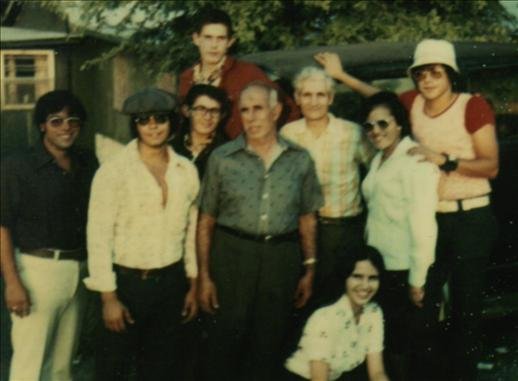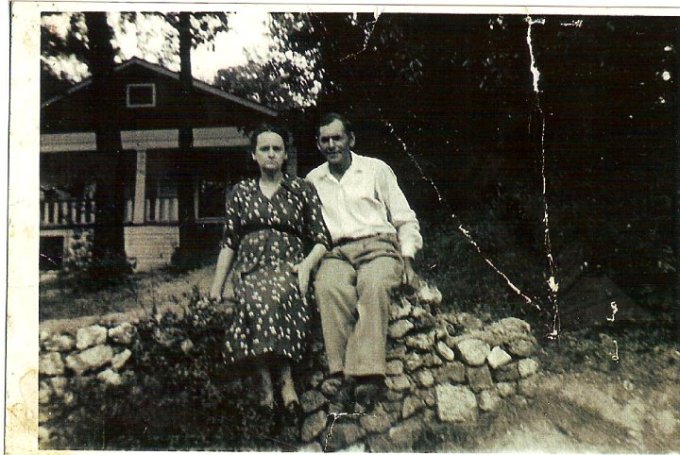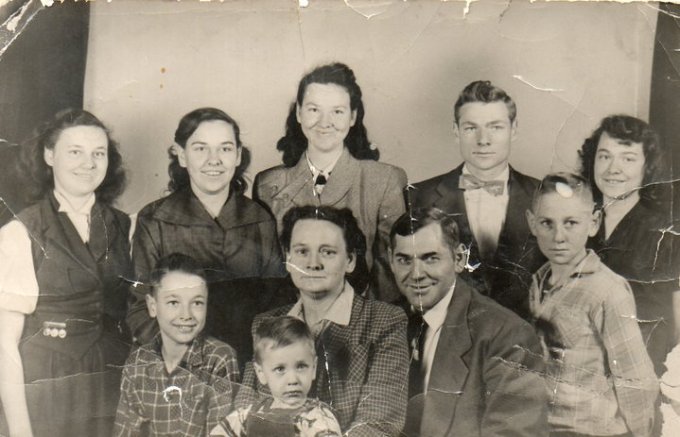As I was updating my paperwork for the dentist recently, I had to decide whether or not I felt like technically lying.
It’s always something I hesitate on, more than I probably should.
My grandmother is full Mexican. I’m therefore only a quarter Mexican.
So I’m white; but 25% of my genes, and I suppose to some degree, my heritage and culture, is Mexican.
But if I could honestly describe myself to the Census Bureau, which apparently is the organization that most cares about my cultural and ethnic identity, it would simply be this:
Mostly white.
I’m not 100% white, so to proclaim, “white, not Hispanic or Latino” is inaccurate; because I’m absolutely part Hispanic.
The first time I remember having to answer that question was in 1st grade, for a standardized test. I remember how my mom, who is half Mexican and half Italian, told me that she always questioned that herself when she had to answer that question as well.
I think it muddies the waters even more than Italians typically are “more ethnic looking” than most Europeans. I have always thought the same thing about Jews (who are actually considered Middle Eastern) and Greeks (who, like Italians, are Mediterranean).
“White” is a funny term to me, when it references people.
I would love to take one of those ethnic DNA tests where they draw some of your blood and tell you exactly what percentage you are of each people group.
Mainly just because it would be fun to know… exactly. But really, none of that really matters.
What I learned in my HR training course is that ultimately, a person can claim whatever race they most identify with, even if it’s simply cultural.
If you are Chinese but adopted by white parents, you can identify as “white” if you choose to; or Chinese. It’s up to the individual.
As for me, I’m mostly white, based on the last names in my family tree: German (“Shell”), Italian (“Metallo”), Dutch (“Clowers”, derived from “Klaar”), Scottish (“Johnston” and “King”), and English (“Taylor” and “Wiseman”).
And of course I’m also Mexican (“Mendez”). That’s a little confusing as well because ethnically, Mexicans are a mixed race called Mestizos: ultimately, they are around half European (largely including Spanish) and around half Native (or indigenous) Mexican; just like how the United States originally was occupied by Native Americans before the Europeans came over.
The natives in modern Mexico and United States actually derived from Asia, like the Eskimos who settled in Russia and Alaska.
So technically, I’ve got distant traces of Asian blood.
If you really dumb it down, I’m just European and barely Asian.
But there’s not a category for that on the paperwork.






